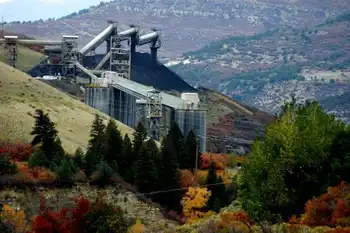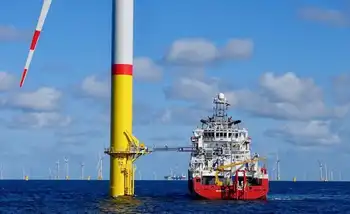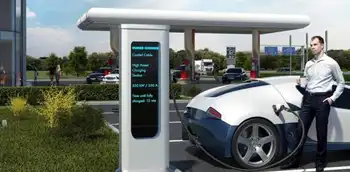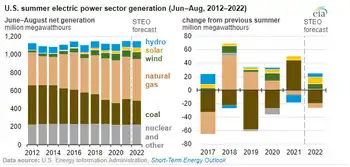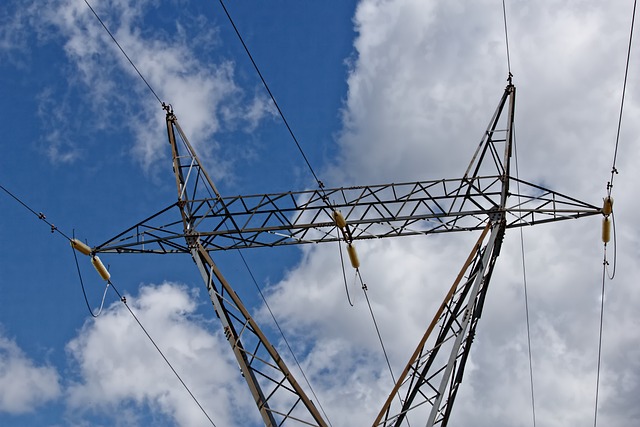Winter Challenge campaign falls short
By CBC News
CSA Z462 Arc Flash Training - Electrical Safety Essentials
Our customized live online or in‑person group training can be delivered to your staff at your location.

- Live Online
- 6 hours Instructor-led
- Group Training Available
That could mean the utility won't meet its energy-saving target, which is required by law, next year.
In the last few weeks, the utility has run an extensive marketing campaign — with television ads, promotions in malls, and pitches in schools — to convince people to sign up for the challenge. Households that sign up and reduce energy use in December by 10 per cent will receive a further 10 per cent discount on December's bill and the chance to win a year of free power.
Maritime Electric had hoped the $40,000 campaign would convince 25,000 customers to sign up, but only a few more than 8,000 households have.
"Like anyone that's introduced a new product, it's really hard to get people to understand, and see it and then activate people to register so quickly," said Maritime Electric spokeswoman Kim Griffin.
The Winter Challenge ran as a pilot project last year, and this year's numbers have not improved much, despite the new offer of the free power prizes.
The Winter Challenge is part of a plan by Maritime Electric to reduce peak energy use in the province by nine megawatts by the end of next year, and the Winter Challenge is a key part of that goal. The goal for reduction in demand is set in the Renewable Energy Act, which passed into law in 2006.
Griffin is hopeful next year the challenge will catch on.
"There's a huge multiplier effect on PEI. People start to talk, and when they start to generate this kind of excitement and talk about the results and start to achieve, this is going to have a broader reach," she said.
Those who signed up for the challenge will know by February whether they reached their target.





